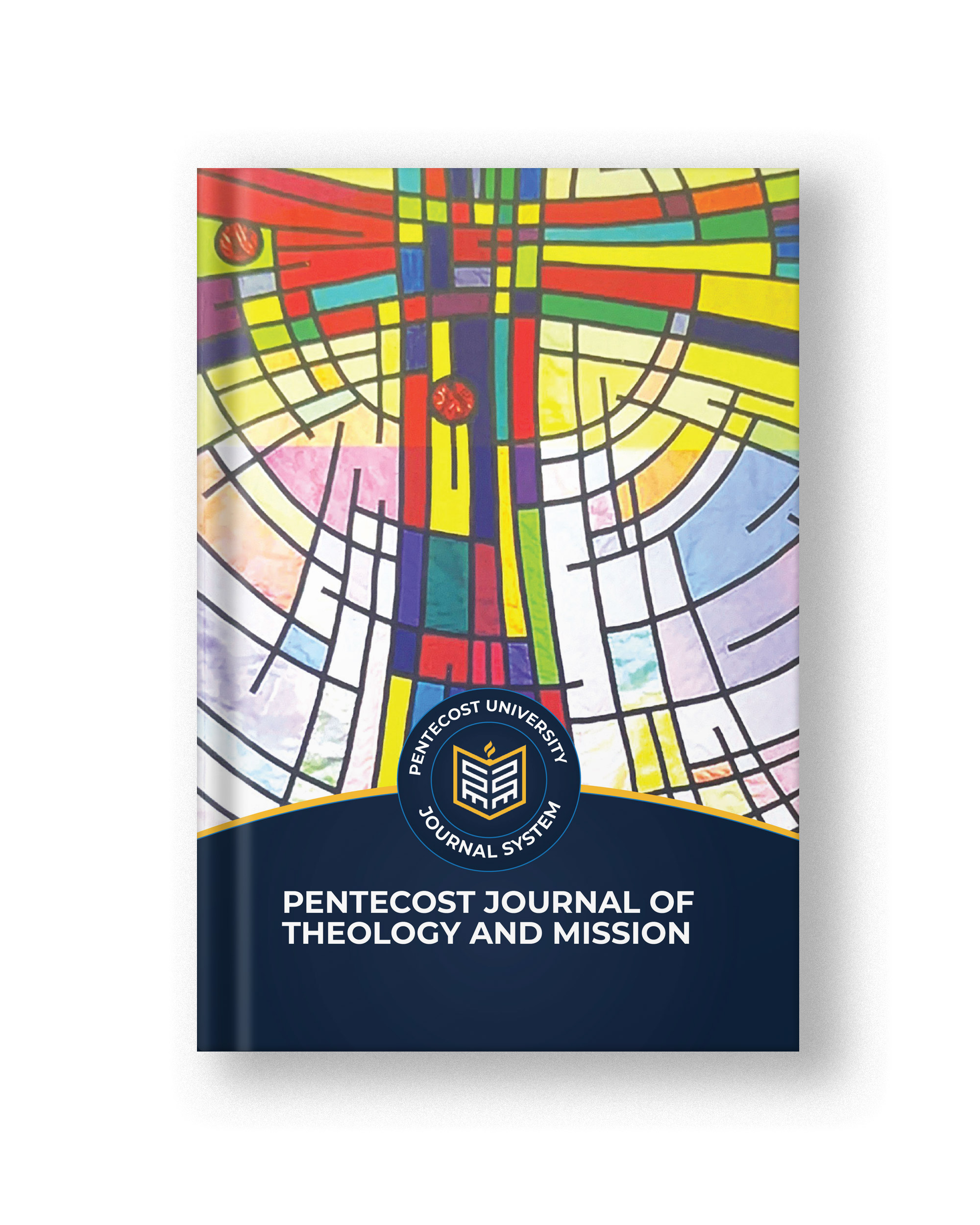The Church of Pentecost and the Moral Transformation of Ghana
DOI:
https://doi.org/10.62868/pjtm.v5i1.188Keywords:
Christianity in Ghana, Church of Pentecost, morality, development, democracyAbstract
The paper argues that the close relationship between Ghana’s largest church, the Church of Pentecost, and the country’s main political parties is indicative more generally of an increasingly close relationship between Christianity and politics, including in relation to seeking to amend and improve the moral behaviour of Ghanaians which in turn could help improve the quality of the country’s democracy, said to be declining. The paper adopts a comparative and qualitative methodological approach while also drawing on Afrobarometer’s quantitative data. The key result is that there is a link between morality and democratic health in Ghana, while the major conclusion is that the potential to improve democratic health by improving national morality is limited, mainly because many citizens are sceptical that such a path is likely to achieve the desired objective.


